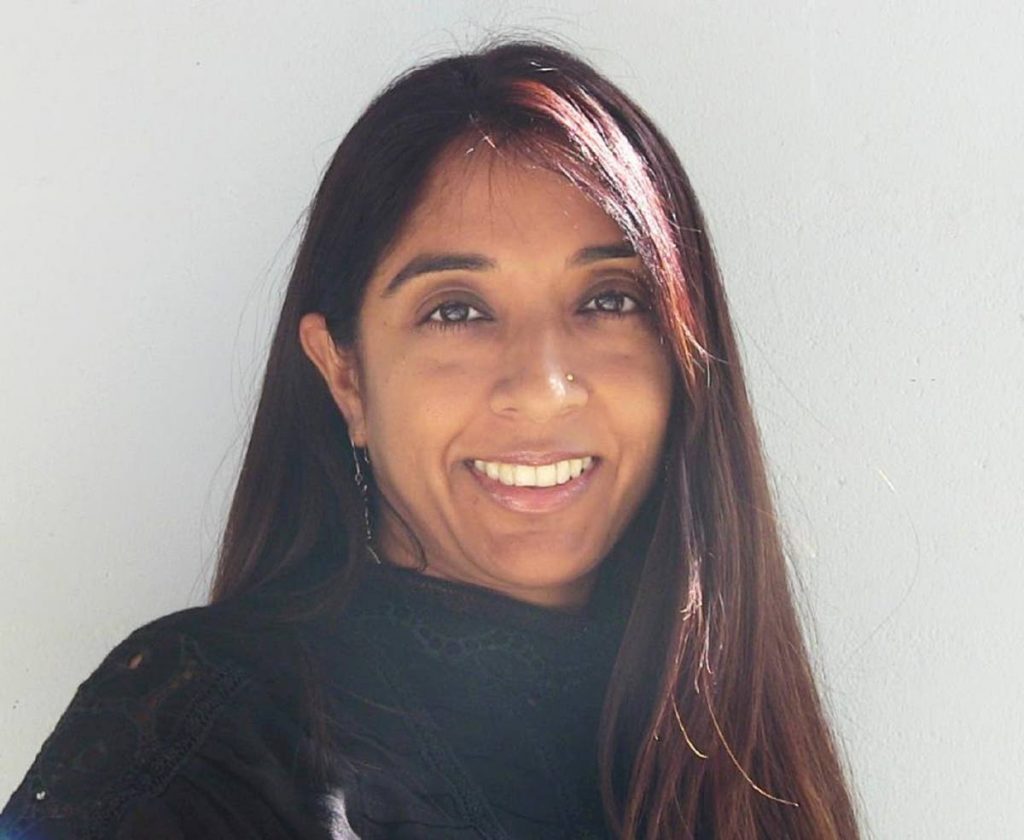Marching for justice

DR GABRIELLE JAMELA HOSEIN
ON SATURDAY from 2 pm, all of the nation is invited to the Annual Women’s Rights Rally and March at the Queen’s Park Savannah. There, TT will join the world in commemorating International Women’s Day, officially marked on March 8 every year.
International Women’s Day cannot be reduced to activism against violence against women and girls, but women are being killed by men, mostly their partners, at shocking rates across the region and the world, and public affirmation that their right to life matters and that such violence has no tolerance in our society should bring us all out of our homes.
The other issues that impact women’s lives also remain; from work-family balance and unequal responsibility for care of children, the aged and the ill to the fact that choice to access safe and legal termination of pregnancy is still denied by the TT state to the reality of women’s vastly unequal representation at the highest levels of political decision-making.
However, International Women’s Day is about much more than acknowledging continuing injustices in the lives of women and girls. It is also about affirming centuries of struggle by women to secure their rights. This year, it is also about remembering the 25th anniversary of the Beijing Declaration and Platform for Action.
This was a resolution adopted by the Fourth World Conference on women in Beijing, China, in 1995. The conference was a global gathering of tens of thousands and created one of the most progressive blueprints for advancing the rights of women and girls. It aimed to remove obstacles women face in their public and private lives through ensuring their equal share in economic, cultural, political, and social decision-making.
Twenty-five years after the Beijing conference, we must now define our own vision for the next 25 years. The “Generation Equality: Realising women’s rights for an equal future” global campaign expresses just this, demanding equal pay and equal sharing of unpaid domestic labour, an end to gender-based violence, better healthcare services and access to such services, and women’s equal participation in politics and decision-making.
The campaign has six major demands: justice and peace for all, environmental justice, equal participation in politics and decision-making, freedom from violence and discrimination, economic rights and opportunities for all, and access to sexual and reproductive rights. Each of these is inspired by the vision of our foremothers, as articulated in the Beijing Declaration, but each of these walks in the power, beauty and light of a another generation finding its fighting spirit.
In TT, we will also continue to rejuvenate our commitment as a nation to the theme and goal of “Power in Action.” This is the most fundamental of civil society calls, recognising that power is always with people, in our most collective movements, and in the difference each of us can make to the world.
On the ground here, International Women’s Day presents an opportunity to honour women, and the work they contribute to sustenance and transformation of communities in the Caribbean. It is an opening to encourage another generation to bring their own issues, experiences, vision and peer communities to the most inclusive and fearless gathering that the nation can produce, and to play active roles for justice and change.
It is a reminder that we always can do better in including those whose rights get left behind, and taking into account that girls and women live multi-issue lives as people with disabilities or from rural communities or as LBGTI+ citizens. Finally, it is an affirmation that the end to our social, environmental and economic crises can only come when we are prepared to act, not only for ourselves, but for each other. There could hardly be a more fundamental message to us at this time in history.
Some may say they are tired of marches and sceptical of what they achieve. However, this isn’t a protest march with a single specific aim. It is a symbol of a nation’s recognition of the rights of women and girls. It is a moment when men and boys can affirm their solidarity with diverse communities of women seeking justice. It is simply a gathering which exuberantly and inter-generationally brings together history, tolerance and aspiration in our own words and with our very bodies.
Bring your drums and tambourines. Bring your placards and banners. Bring water in reusable containers. The march starts at 3 pm outside of Whitehall. See you there on Saturday at the Savannah in Port of Spain.
Diary of a mothering worker
Entry 365
motheringworker@gmail.com

Comments
"Marching for justice"